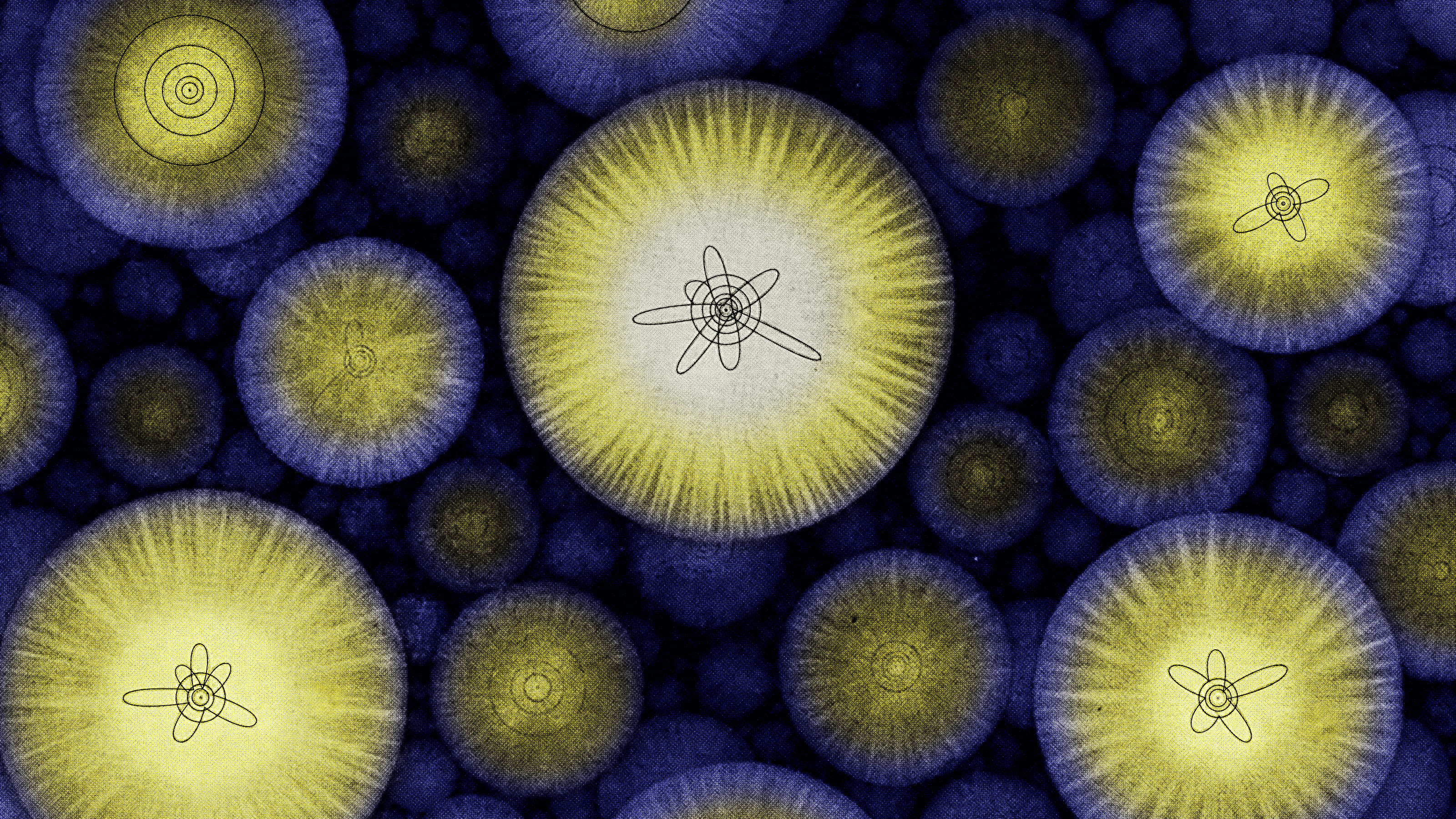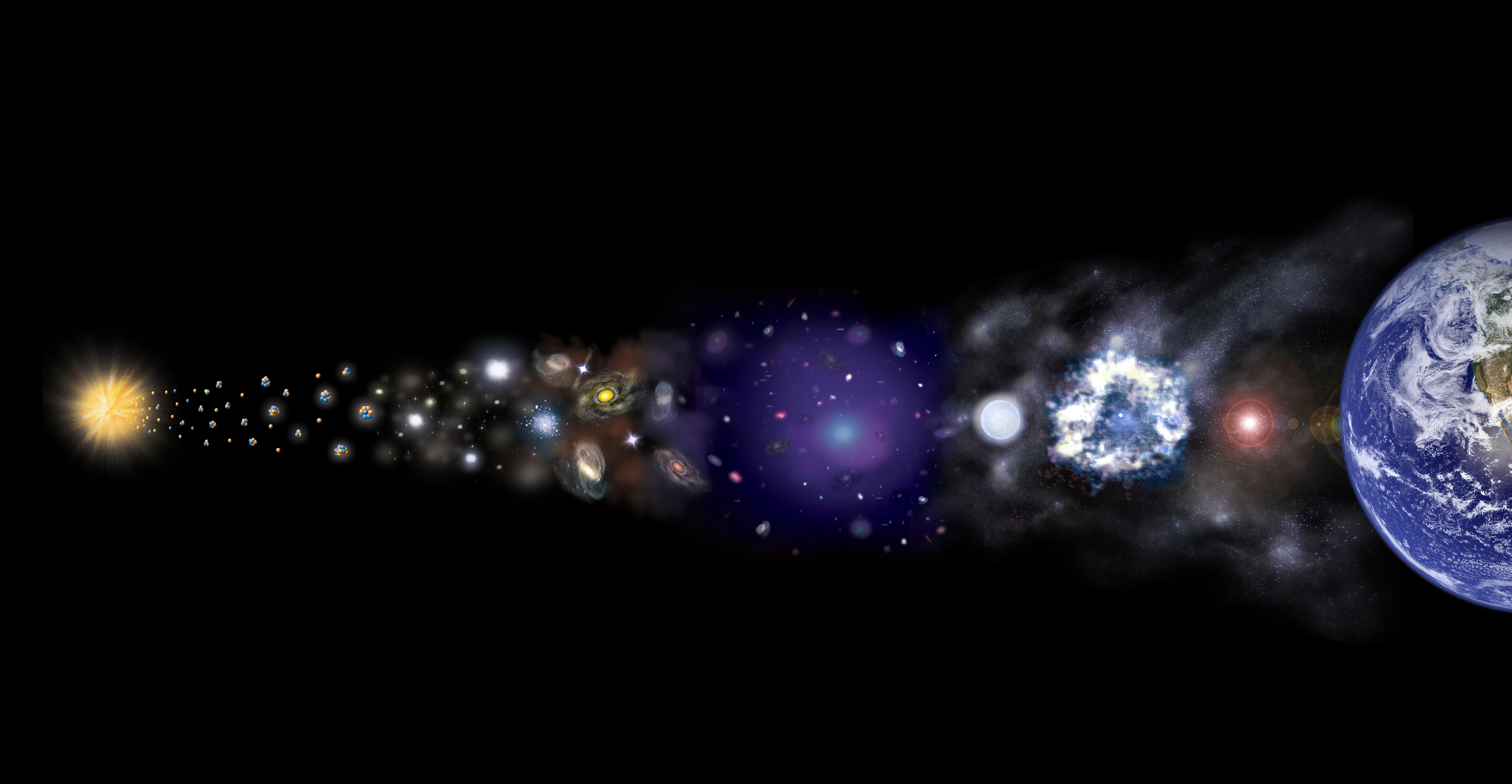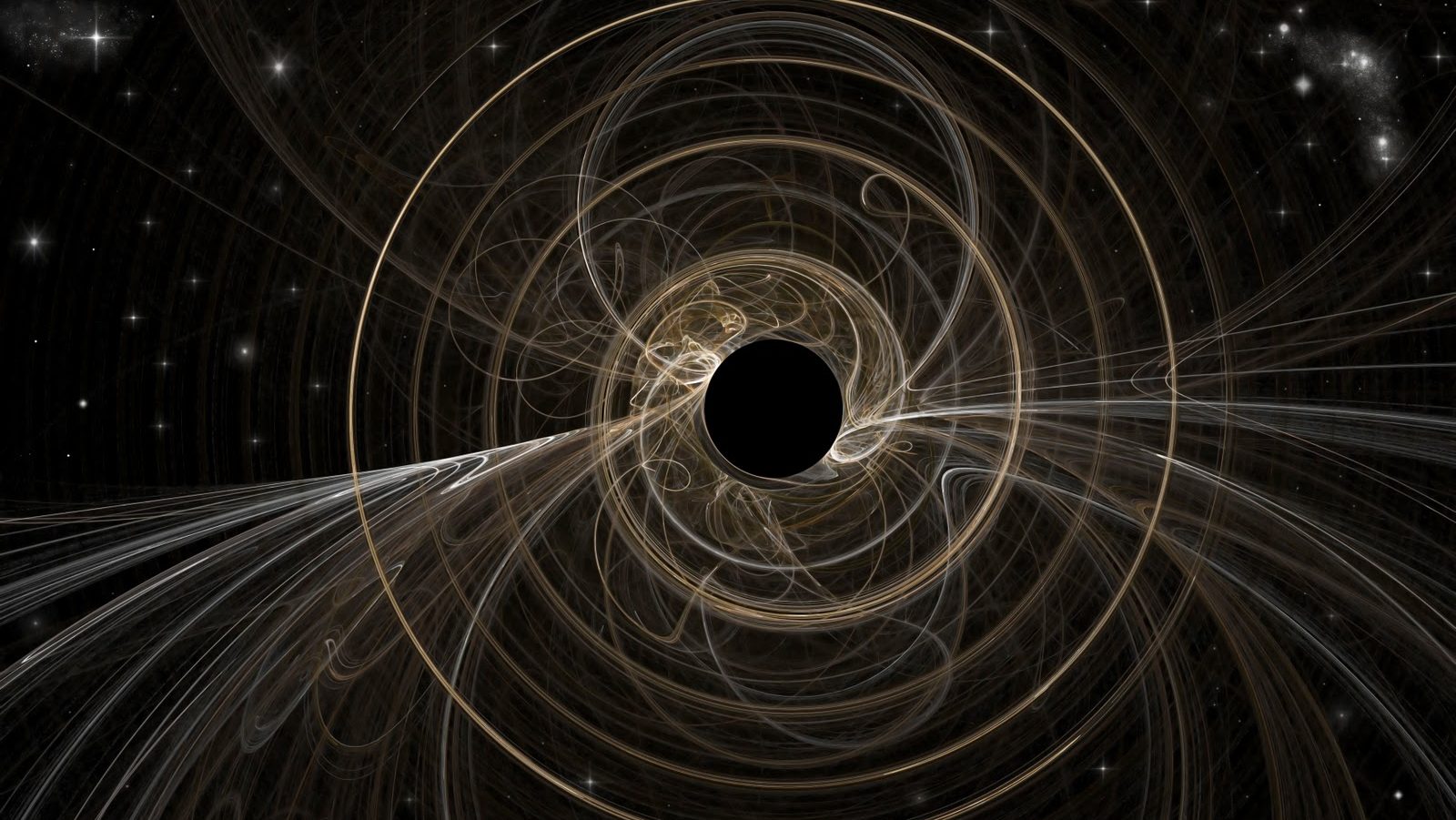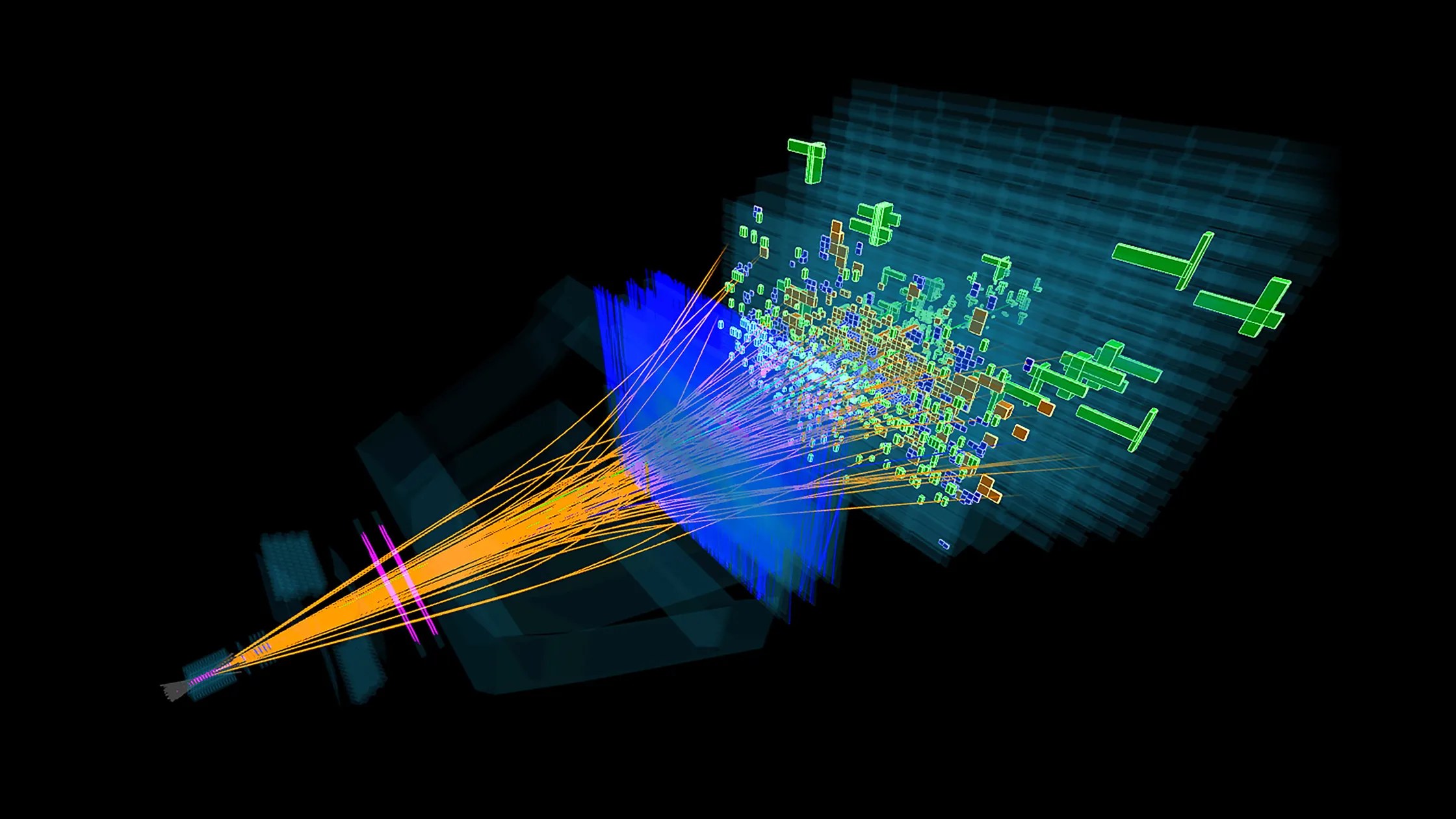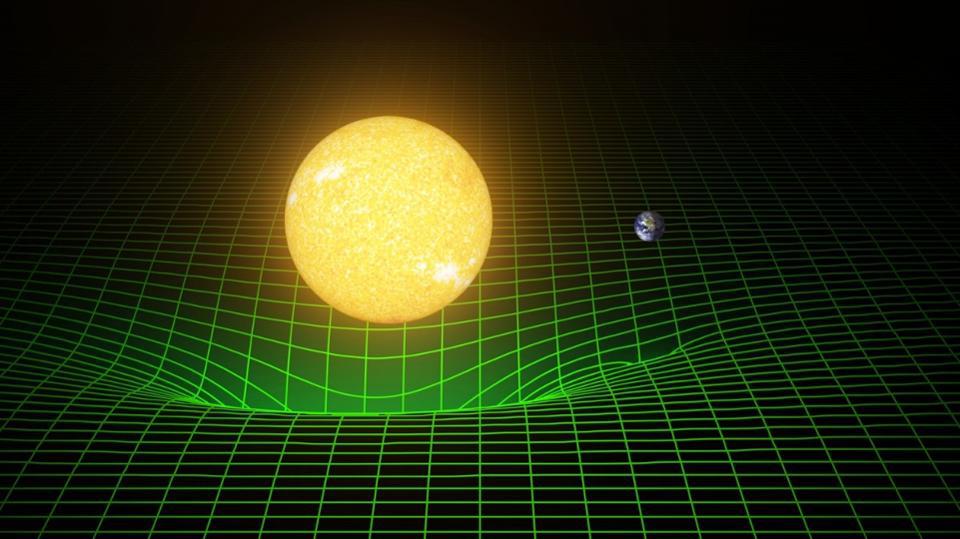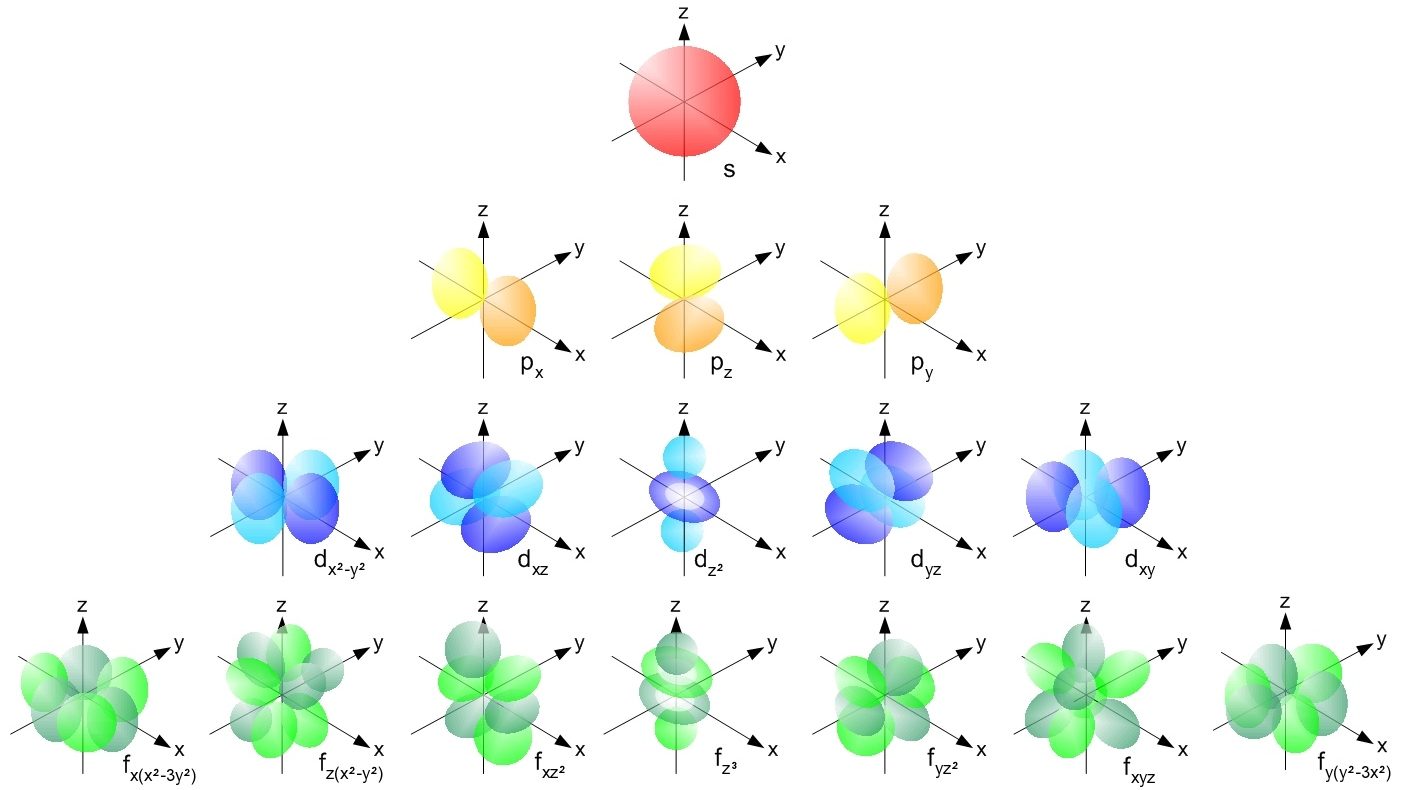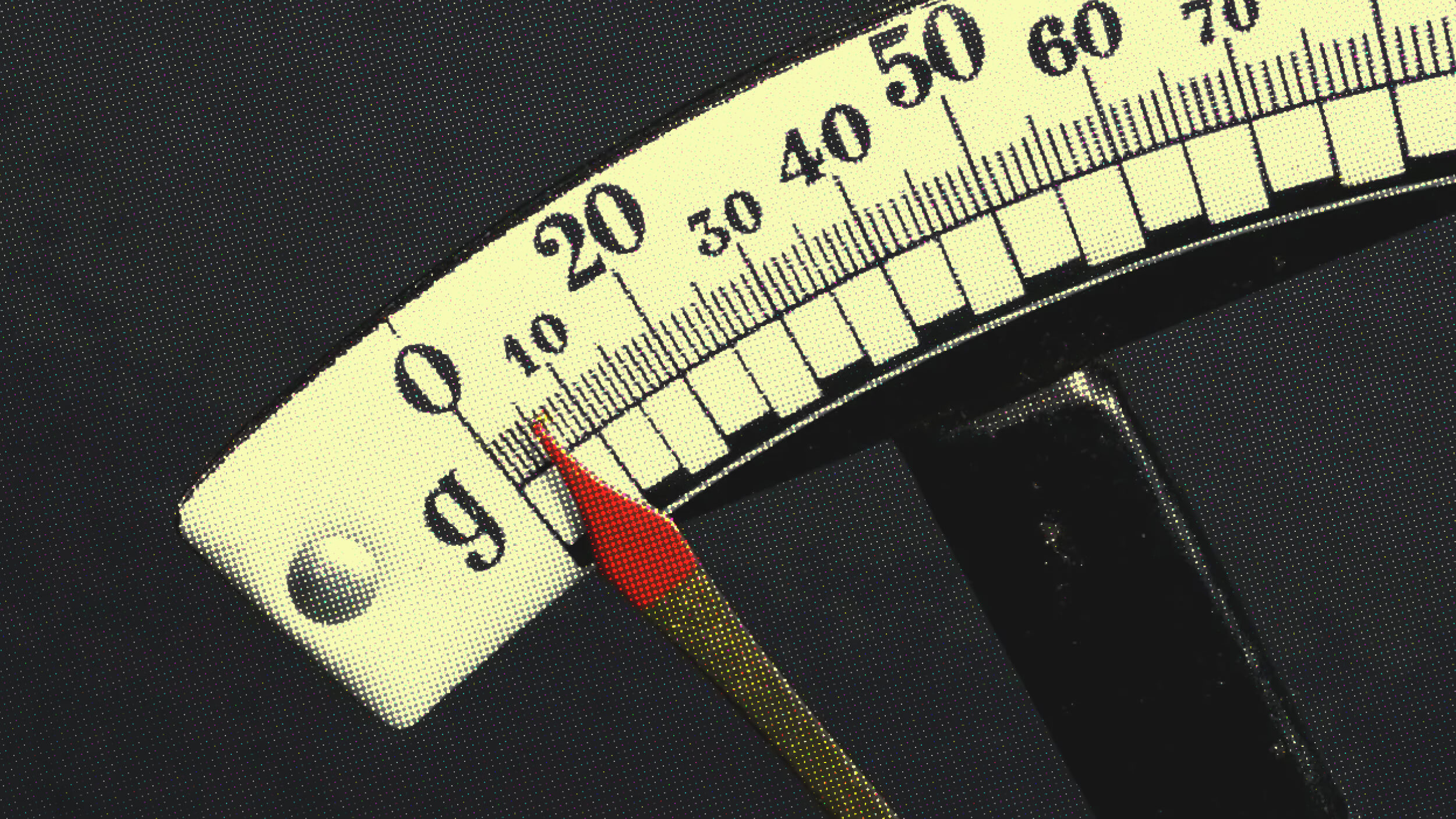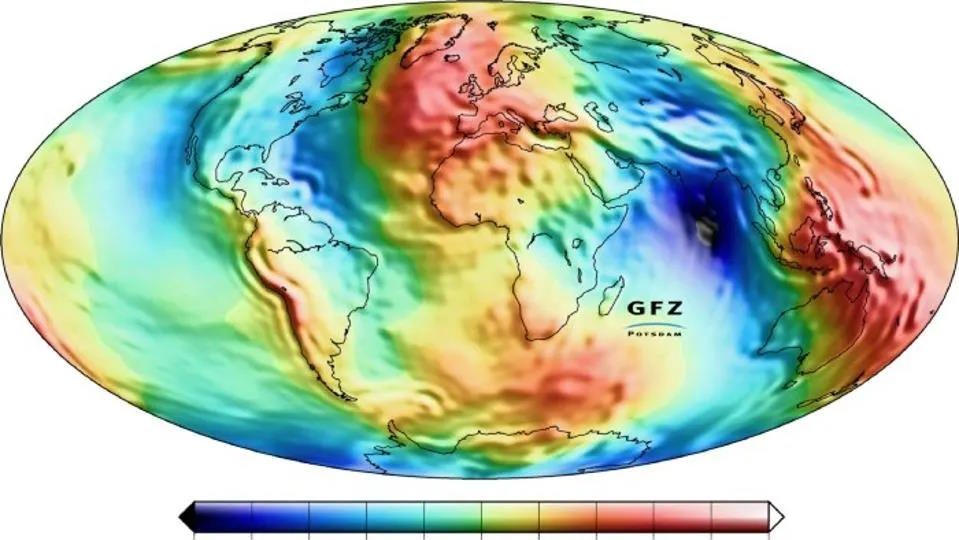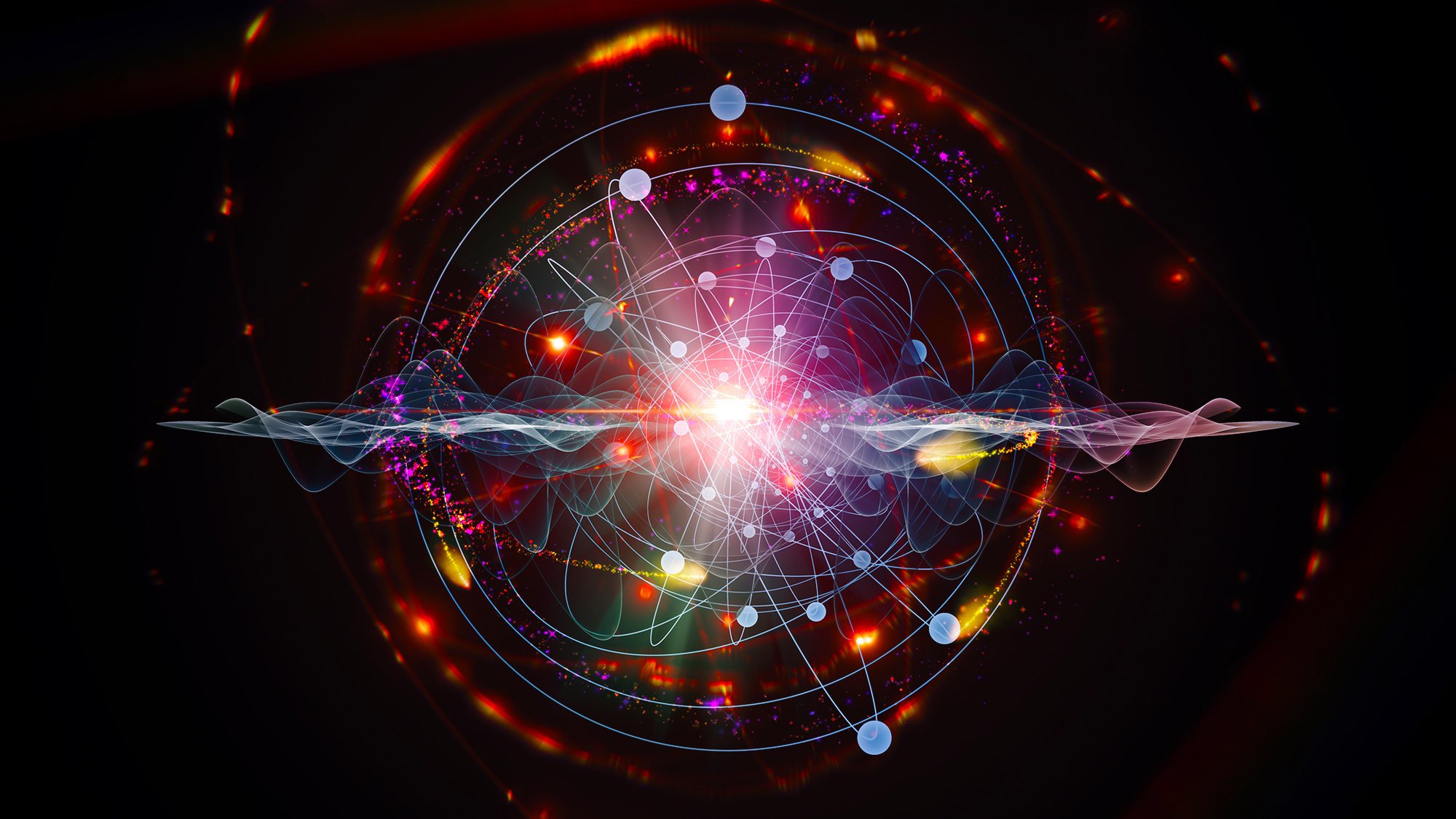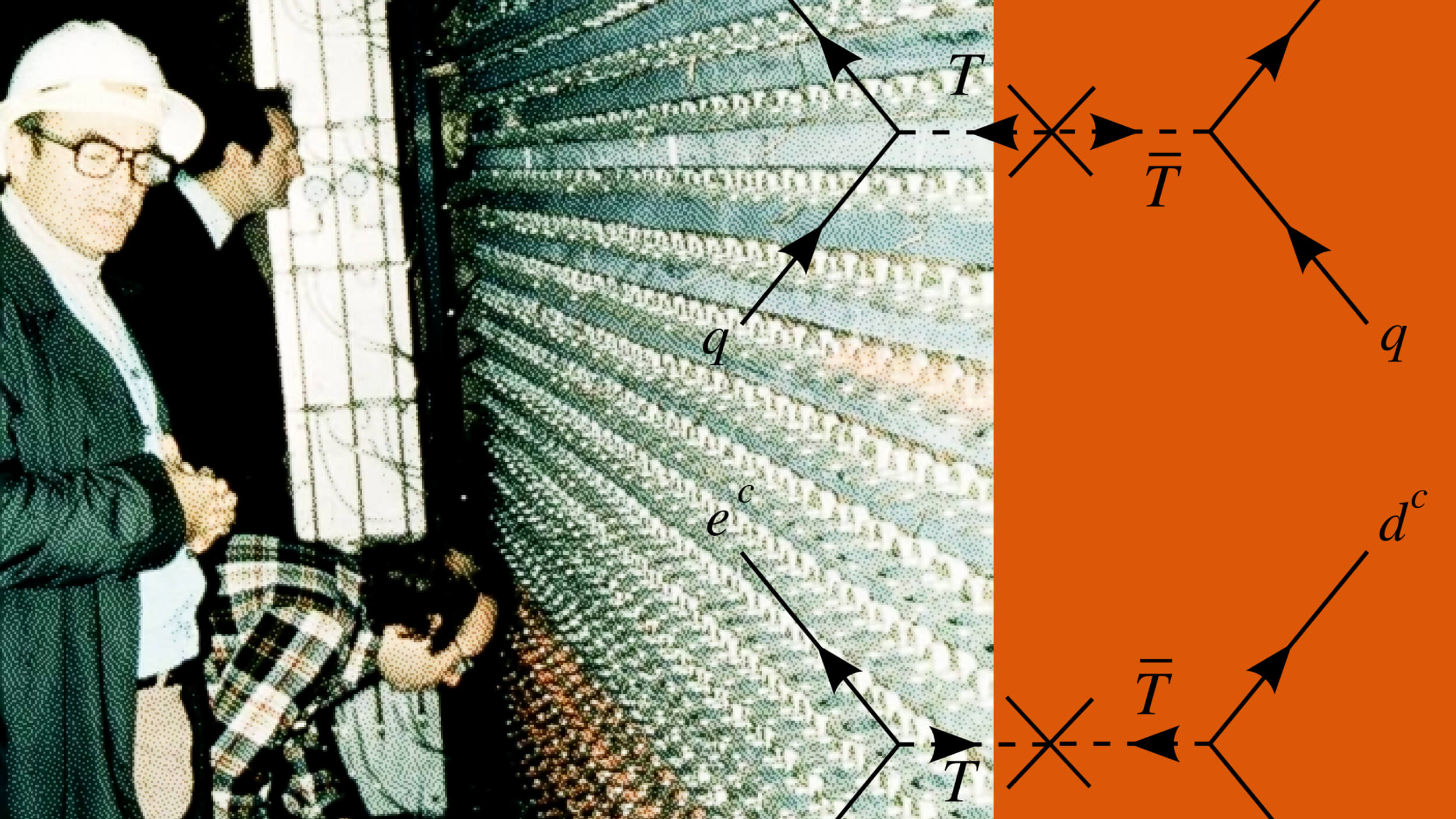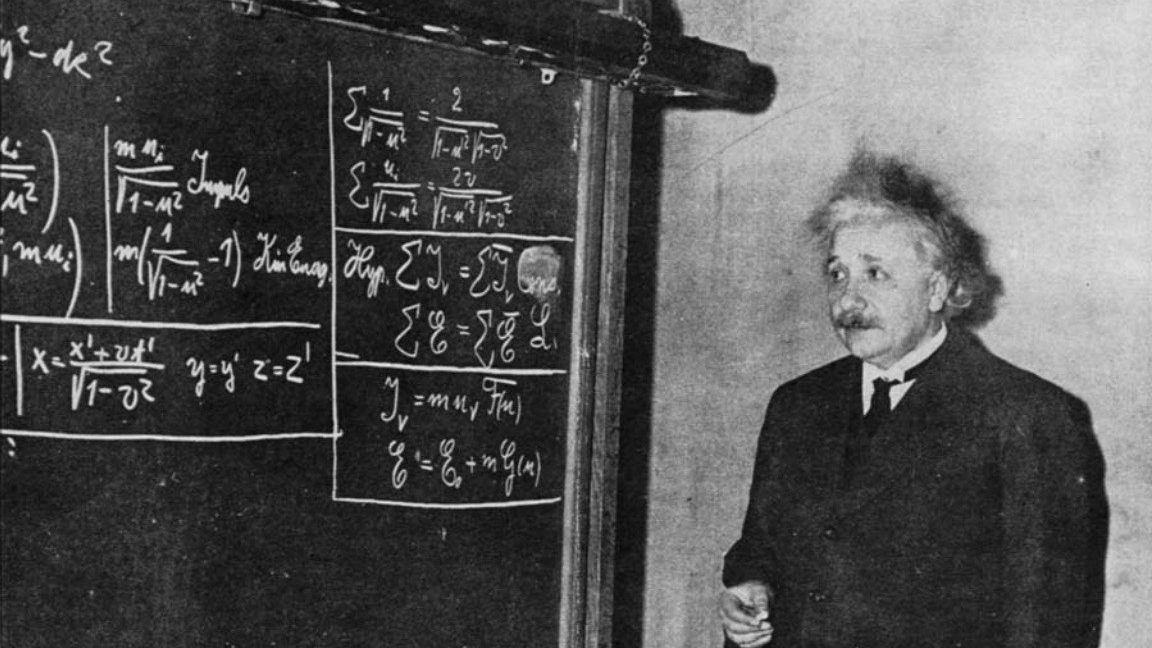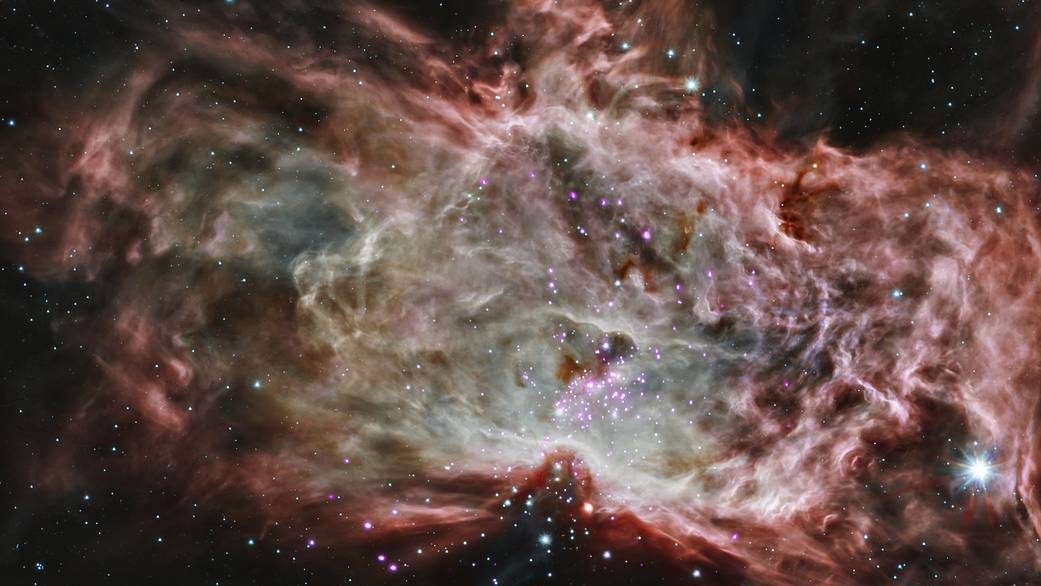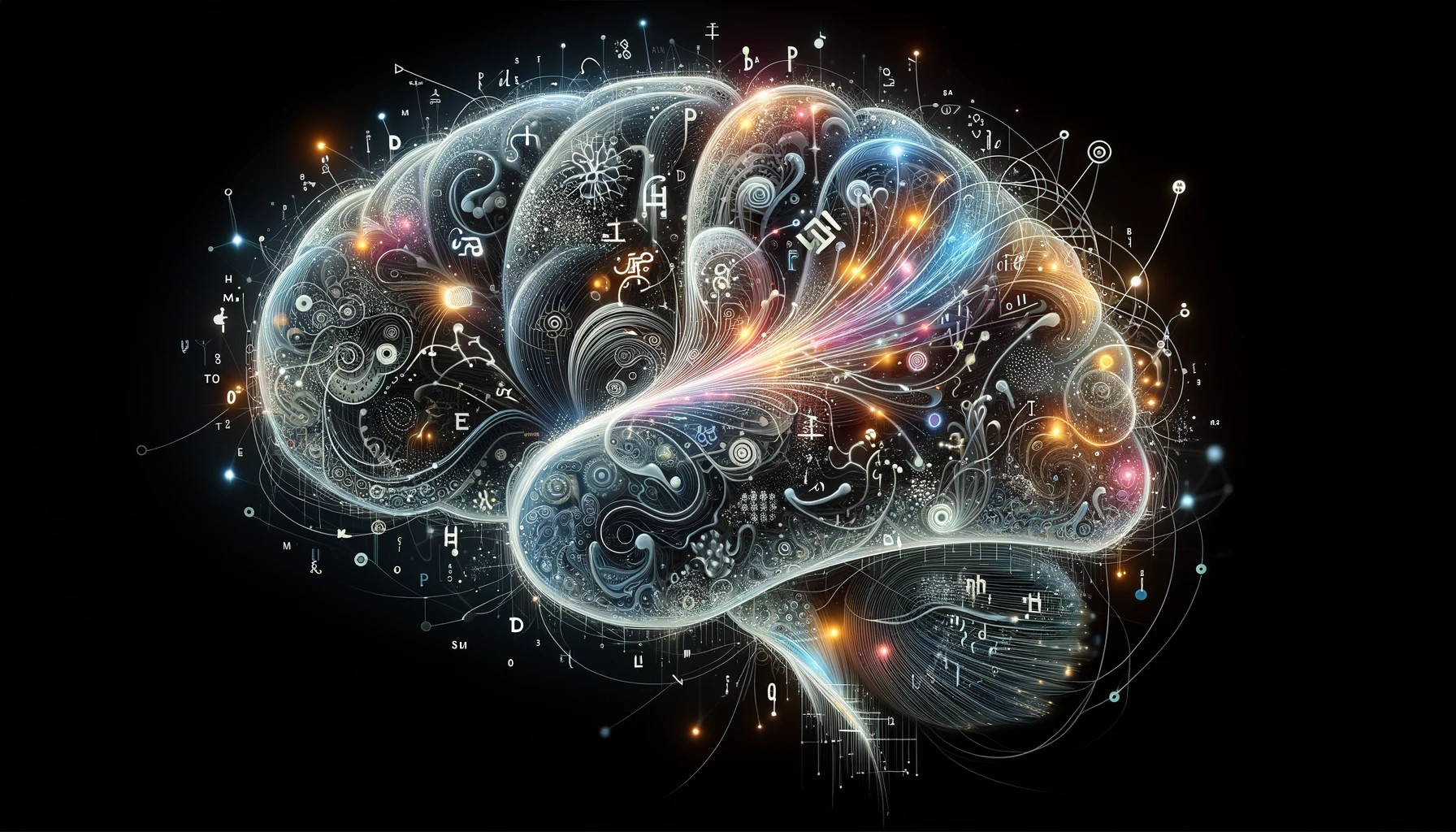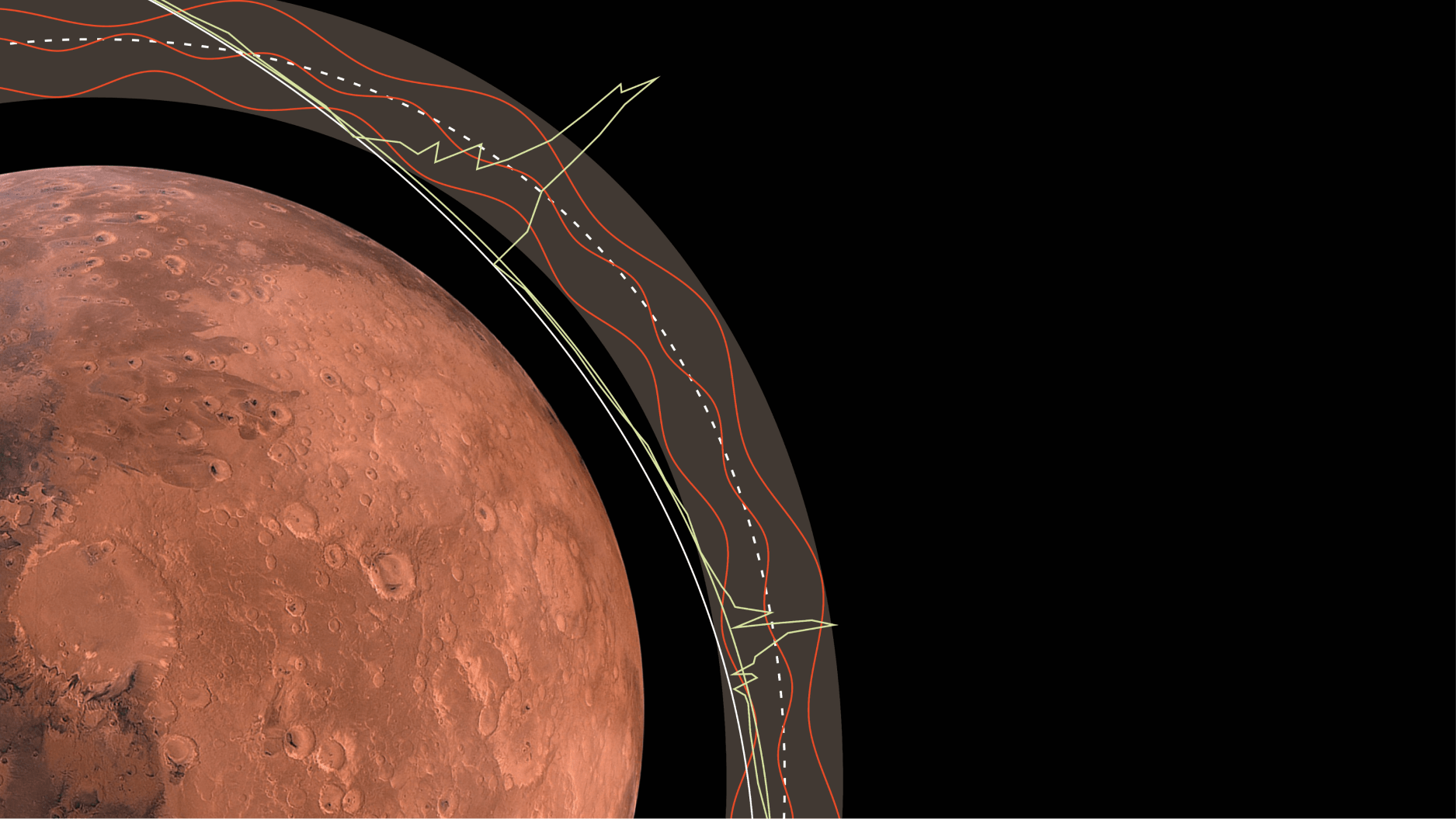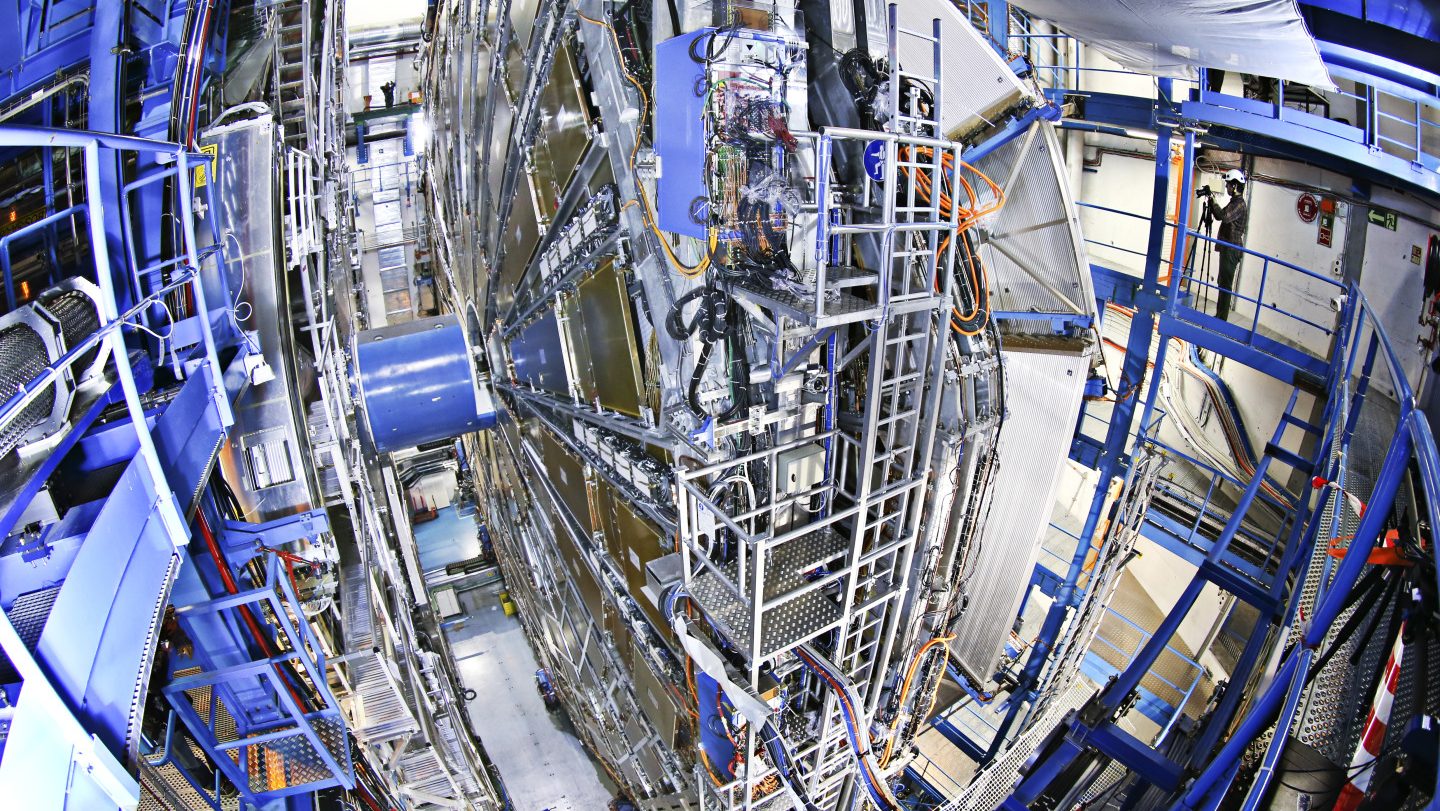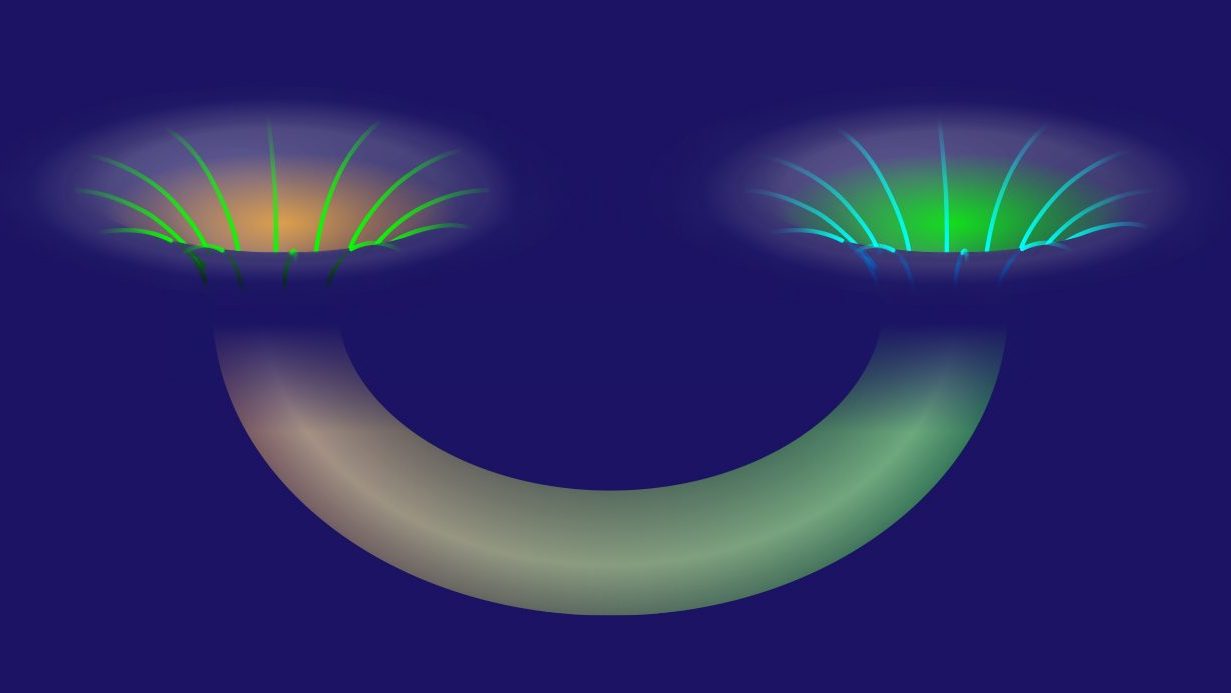particle physics
By improving quantum error correction, quantum computations are now faster than ever. But parallel universes? That’s utter nonsense here.
If atoms are mostly empty space, then why can’t two objects made of atoms simply pass through each other? Quantum physics explains why.
From a hot, dense, uniform state in its earliest moments, our entire known Universe arose. These unavoidable steps made it all possible.
50 years ago, Stephen Hawking showed that black holes emit radiation and eventually decay away. That fate may now apply to everything.
We have very specific predictions for how particles ought to decay. When we look at B-mesons all together, something vital doesn’t add up.
Most waves need a medium to travel through. But the way that light and gravitational waves travel shows that space can’t be a medium at all.
One of the fundamental constants of nature, the fine-structure constant, determines so much about our Universe. Here’s why it matters.
“A person’s mass is made not of ‘stuff’ in the way we normally think about it, but rather our mass is made of energy.”
Scalars, vectors, and tensors come up all the time in physics. They’re more than mathematical structures. They help describe the Universe.
Our classical intuition is no good in a quantum Universe. To make sense of it, we need to learn, and apply, an entirely novel set of rules.
It’s the ultimate setup for a Thanksgiving Day disaster. The physics of water and its solid, liquid, and gas phases compels us not to do it.
There are a few small cosmic details that, if things were just a little different, wouldn’t have allowed our existence to be possible.
In partisan political times, recognizing the scientific truth is more important than ever. Scientists must be vocal and clear about reality.
Why hasn’t matter fallen apart over billions of years? The mystery might start with protons.
Whether your hair is straight, wavy, curly, or kinky isn’t just genetic in nature. It depends on the physics of your hair’s very atoms.
One of the 20th century’s most famous, influential, and successful physicists is lauded the world over. But Feynman is no hero to me.
Beyond stars, galaxies, and gravity, studying the fundamental workings of nature reveals widely applicable lessons for learners everywhere.
The secret sauce is the real world.
An in-depth interview with astronomer Kelsey Johnson, whose new book, Into the Unknown, explores what remains unknown about the Universe.
The Universe changes remarkably over time, with some entities surviving and others simply decaying away. Is this cosmic evolution at work?
Artificial intelligence is much more than image generation and smart-sounding chatbots; it’s also a Nobel-worthy endeavor rooted in physics!
Watching for changes in the Red Planet’s orbit over time could be new way to detect passing dark matter.
Physicists recently created Coordinated Lunar Time, a time zone for our Moon.
Are breakthroughs really a matter of chance, or are they simply waiting to be uncovered by the right person at the right time?
LHC scientists just showed that spooky quantum entanglement applies to the highest-energy, shortest-lived particles of all: top quarks.
It’s possible to remove all forms of matter, radiation, and curvature from space. When you do, dark energy still remains. Is this mandatory?
CERN scientists achieved record-breaking accuracy in mapping the mass of a key particle in the Standard Model.
Do we actually live in a deterministic Universe, despite quantum physics? An alternative, non-spooky interpretation has now been ruled out.
Within our observable Universe, there’s only one Earth and one “you.” But in a vast multiverse, so much more becomes possible.
A recent experiment challenges the leading dark matter theory and hints at new directions for uncovering one of the Universe’s biggest mysteries.

